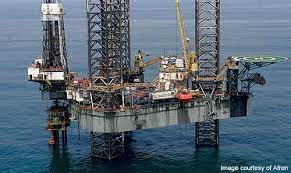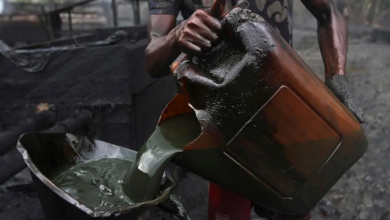Nigeria’s Oil Industry At Risk As Security Threats Increase

A new wave of security threats in Nigeria poses a major challenge to Africa’s largest oil producer and a key supplier of light sweet crude grades to Europe, industry officials and analysts have warned.
Concerns have been raised after a growing wave of kidnappings and attacks on workers in the country’s oil industry this year. On August 16, gunmen attacked a convoy of workers involved in Shell’s Assa North gas development project in Imo state, causing fatalities. Shell shut down the gas plant and other facilities in the vicinity following the incident.
“While the impact of the security challenges is not directly felt nterms of oil production, but it is weighing more on the government and the companies who are now required to spend more on protection of workers and oil facilities,” Abiodun Adesanya, the CEO of Lagos-based oil consultancy Degeconek told S&P Global Platts.
Nigeria has the capacity to produce around 2.2 million-2.3 million b/d of crude and condensate, but production has averaged only around 1.62 million b/d for the first seven months of 2021, according to Platts.
According to blueprint.ng, Key crudes such as Bonny Light, Escravos, Forcados, Qua Iboe have all faced production issues due to operational and technical issues. Meanwhile, some of Nigeria’s main oil infrastructure has also faced persistent sabotage in the past few months.
S&P Global Platts Analytics expects Nigeria to be one of the largest risks for OPEC+ production growth in end-2021 and has warned supply threats by militants could resurface as violence is rising in the southeast of the country following the attacks in Imo.
“With Nigerian crude supply capped below 1.5 million b/d since May, risks are rising to our forecast supply growth from 1.4 million b/d in August to over 1.7 million b/d by year-end,” Platts Analytics said in a recent note.





